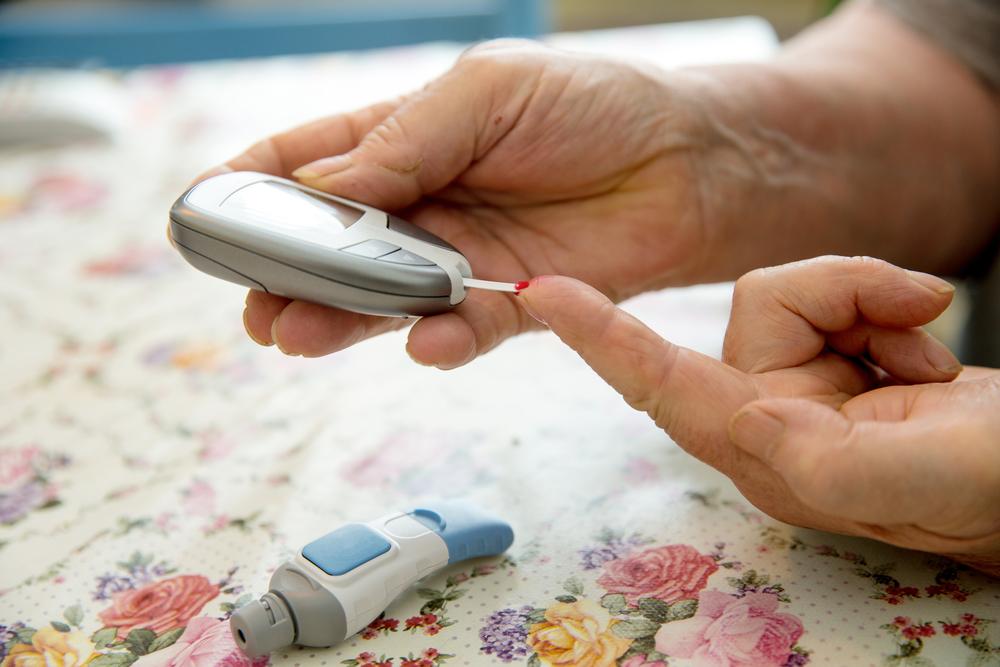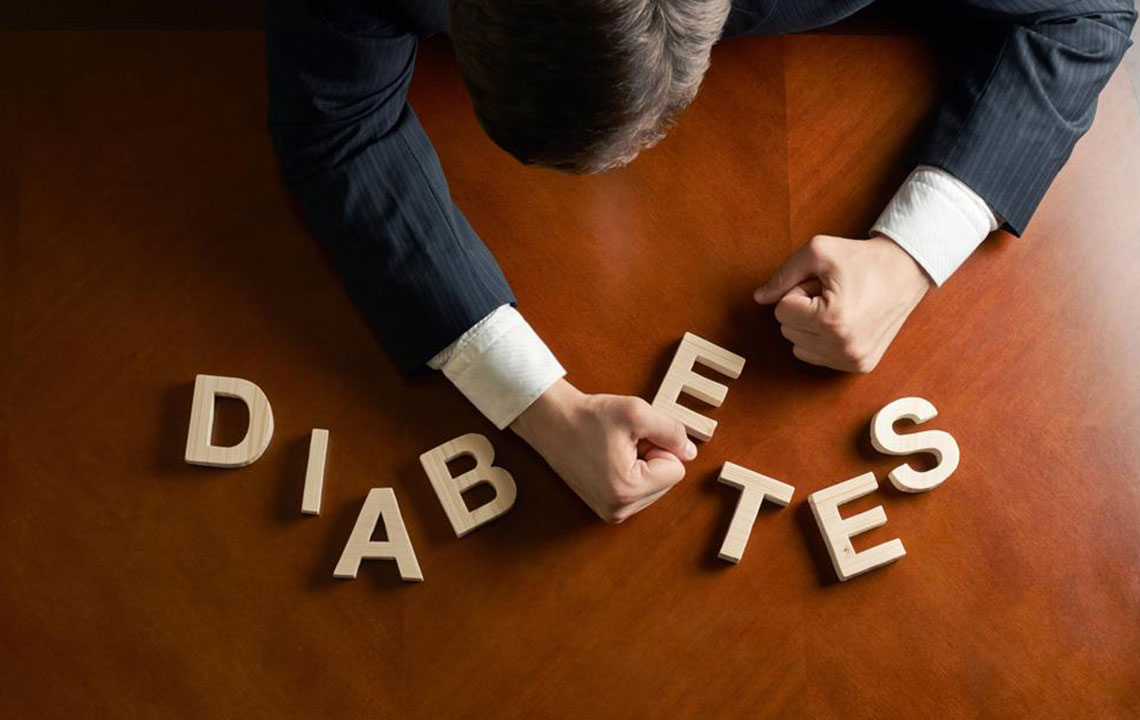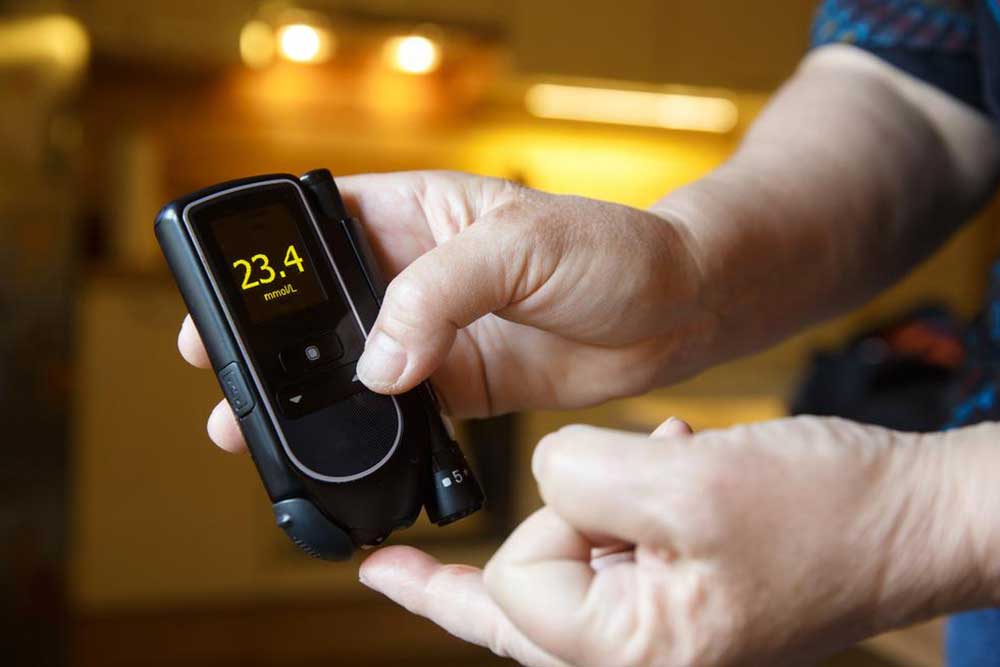Recognizing the Early Signs of Diabetes
Early detection of diabetes is crucial for effective management and prevention of complications. Recognizing key signs such as fatigue, frequent urination, dry mouth, yeast infections, delayed wound healing, weight loss, and nausea can prompt timely medical consultation. Adopting a healthy lifestyle and seeking early intervention can significantly improve outcomes and overall health. This article highlights the importance of awareness of initial symptoms and encourages proactive health measures to combat diabetes effectively.

Recognizing the Early Signs of Diabetes
Diabetes is a common health disorder where the body's ability to produce enough insulin is compromised. Insulin helps convert sugar in the blood into energy; without it, blood sugar levels rise, risking serious health issues. Detecting initial symptoms can be challenging since they are often subtle or mistaken for minor ailments. Early identification is vital for effective management and prevention of complications. Knowing the key early indicators can help individuals seek timely medical advice and implement lifestyle changes to maintain health.
Here are some critical early symptoms of diabetes that should not be ignored:
Persistent Fatigue and Increased Hunger
When cells can't efficiently use glucose due to inadequate insulin or resistance, energy levels plummet, causing fatigue. Simultaneously, hunger rises because the body struggles to get energy from food, leading to unusual hunger pangs.
Frequent Urination
Elevated blood sugar causes the kidneys to work harder to eliminate excess sugar, resulting in the need to urinate more often—typically more than seven times a day. This increased urination also leads to dehydration and increased thirst.
Dry Mouth and Itchy Skin
To expel surplus glucose, the body uses more fluids for urine production, diminishing hydration levels. Dehydration manifests as a dry, itchy mouth and skin.
Yeast Infections
High blood sugar levels can foster yeast growth, leading to infections in areas like between fingers, toes, under breasts, or around genital regions.
Delayed Wound Healing
Elevated blood sugar can impair blood circulation and nerve function, hindering the healing process of wounds and cuts.
Unexpected Weight Loss
Without changes in diet or activity, unintentional weight loss may occur as the body burns muscle and fat for energy due to poor glucose utilization.
Nausea and Vomiting
In diabetes, the breakdown of fats produces ketones, which can accumulate dangerously in the blood, causing nausea, vomiting, and a serious condition called diabetic ketoacidosis—especially in Type 1 diabetes.
When to consult a healthcare professional?
Anyone over 45 experiencing these symptoms should seek medical evaluation. Early diagnosis allows for effective treatment, reducing risks of heart issues and nerve damage. Lifestyle adjustments like healthy eating, regular exercise, stress management, and avoiding smoking and excessive alcohol are also crucial.










